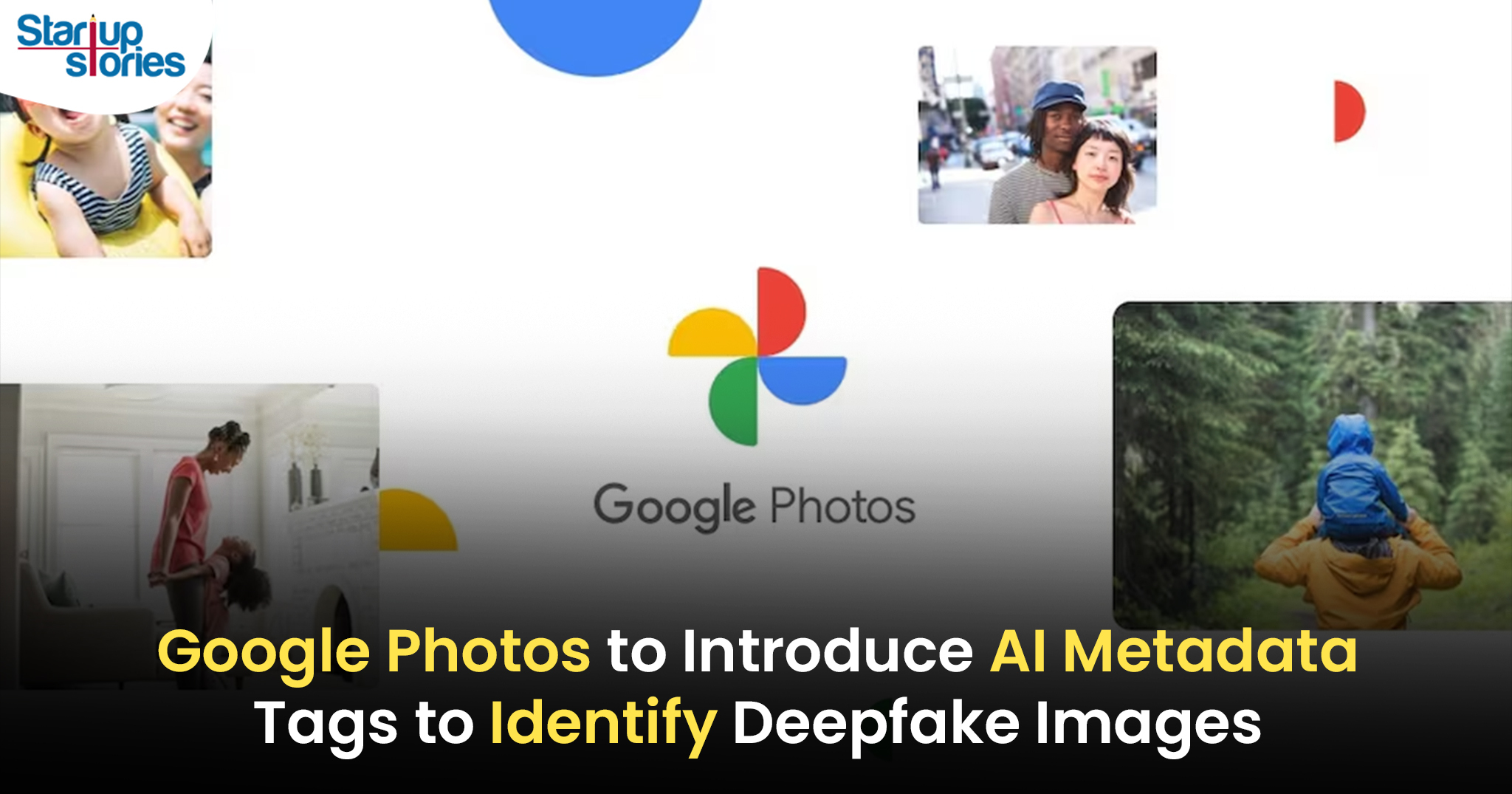Google Photos is reportedly developing a new feature that would allow users to determine whether an image was generated or enhanced using artificial intelligence (AI). This functionality aims to provide transparency and help users identify AI-generated content, potentially reducing the spread of deepfakes and misinformation.
Introduction of AI Attribution
According to recent reports, Google Photos is working on adding ID resource tags that will reveal details about the AI origin of an image, along with the digital source type. However, it remains unclear how exactly this information will be displayed to users. The introduction of such a feature aligns with growing concerns over the proliferation of deepfakes—manipulated media that can mislead viewers and create false narratives.
Tackling Deepfakes
Deepfakes have become a significant issue, as they can be used to spread misinformation or create misleading media. A notable example includes actor Amitabh Bachchan, who filed a lawsuit against a company for running deepfake video ads featuring him without consent. This highlights the urgent need for tools that can help users verify the authenticity of digital content.
How Will This Work?
As per an Android Authority report, the upcoming feature in Google Photos could allow users to verify if an image was digitally generated using AI. While this feature has been found in the layout files of the Google Photos app (version 7.3), it is currently inactive. The app contains strings of XML code suggesting the addition of “ai_info” and “digital_source_type” tags in the metadata, which could help users identify whether an image was created or enhanced by AI tools like Gemini or Midjourney.
Potential Integration with EXIF Data
While details remain unclear, Google could embed this AI attribution information within the Exchangeable Image File Format (EXIF) data of images. However, this might require users to access metadata to view AI-related information, making it less visible. Alternatively, the app might display an on-image badge to clearly indicate that the image was AI-generated or enhanced, similar to how Meta labels manipulated content on platforms like Instagram.
Importance of User Awareness
This feature could prove crucial in increasing user awareness and protecting against the misuse of AI-generated content, especially in light of the rise of deepfakes. By providing clear attribution regarding the origins of images, Google aims to empower users with the information needed to discern genuine content from manipulated media.
Broader Context: Enhancements in User Experience
In addition to this potential feature, Google Photos is also rolling out other enhancements aimed at improving user experience. For instance, recent updates have introduced advanced editing tools powered by AI, allowing users to enhance their photos effortlessly.
Conclusion
The development of AI attribution in Google Photos represents a proactive approach to combating misinformation and enhancing user trust in digital content. As deepfakes become increasingly sophisticated and prevalent, features like these will be essential for maintaining transparency and integrity in online communications. By empowering users with tools to verify content authenticity, Google is taking significant steps toward fostering a safer digital environment.


Crie uma conta gratuita
March 18, 2025 at 12:01 pm
Can you be more specific about the content of your article? After reading it, I still have some doubts. Hope you can help me.
7euph
June 8, 2025 at 12:01 pm
cost generic clomiphene without insurance generic clomid tablets where to get clomid tablets can i get clomiphene without a prescription where can i buy generic clomid tablets can i order generic clomid online where buy cheap clomid tablets
Create Personal Account
September 24, 2025 at 2:42 pm
Your article helped me a lot, is there any more related content? Thanks!
MM88
November 5, 2025 at 9:43 am
Với giao diện mượt mà và ưu đãi hấp dẫn, MM88 là lựa chọn lý tưởng cho các tín đồ giải trí trực tuyến.
J88
November 10, 2025 at 7:03 pm
Đến với J88, bạn sẽ được trải nghiệm dịch vụ cá cược chuyên nghiệp cùng hàng ngàn sự kiện khuyến mãi độc quyền.
站群程序
November 11, 2025 at 12:17 pm
搭载智能站群程序,自动化搭建与管理,为SEO项目提供核心驱动力。站群程序
iwin
November 18, 2025 at 10:19 am
iwin – nền tảng game bài đổi thưởng uy tín, nơi bạn có thể thử vận may và tận hưởng nhiều tựa game hấp
GO88
November 21, 2025 at 5:25 am
Tham gia cộng đồng game thủ tại Go88 để trải nghiệm các trò chơi bài, poker phổ biến nhất hiện nay.
MM88
November 21, 2025 at 9:02 pm
Khám phá thế giới giải trí trực tuyến đỉnh cao tại MM88, nơi mang đến những trải nghiệm cá cược thể thao và casino sống động.